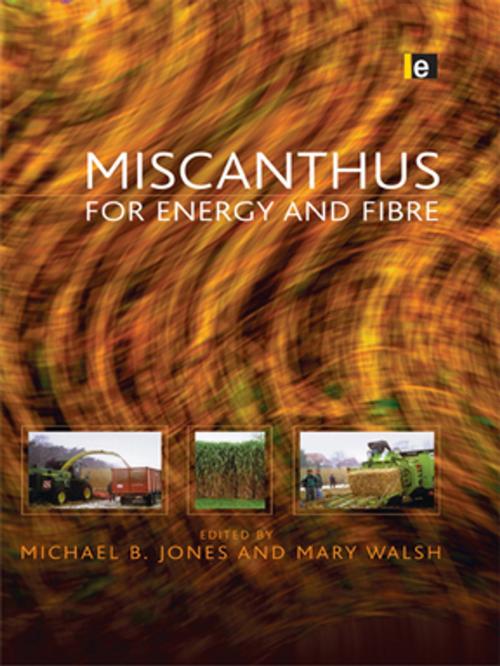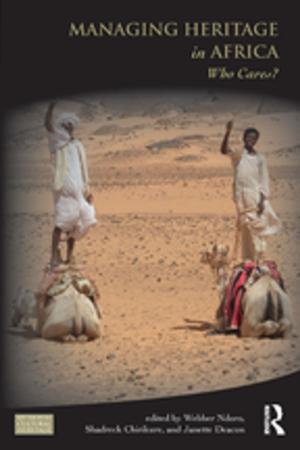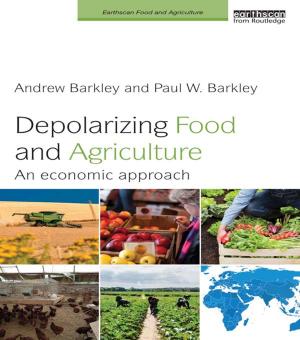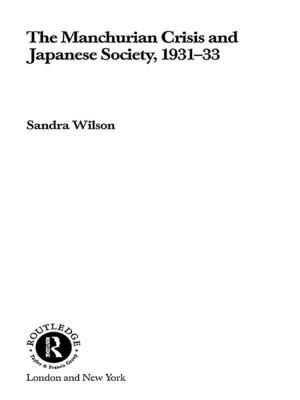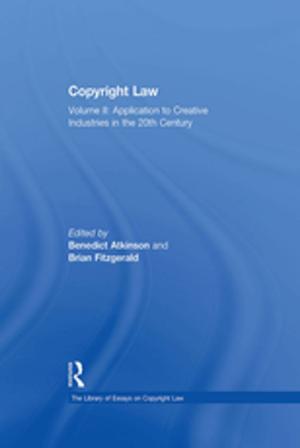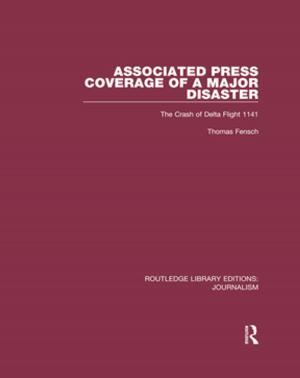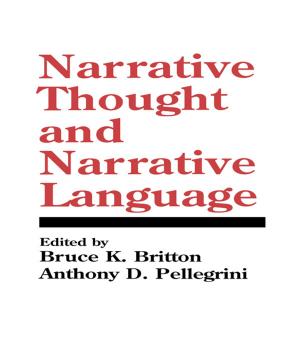Miscanthus
For Energy and Fibre
Nonfiction, Science & Nature, Technology, Agriculture & Animal Husbandry| Author: | ISBN: | 9781134072613 | |
| Publisher: | Taylor and Francis | Publication: | November 5, 2013 |
| Imprint: | Routledge | Language: | English |
| Author: | |
| ISBN: | 9781134072613 |
| Publisher: | Taylor and Francis |
| Publication: | November 5, 2013 |
| Imprint: | Routledge |
| Language: | English |
Miscanthus is a promising non-food crop yielding high quality lignocellulosic material which can be used in a number of ways, including energy and fibre production, thatching, and industrial use. This book encompasses the results and recommendations arising from extensive trials and experiments carried out by the leading European research organisations and institutions in the field. Much of the research was performed under the auspices of the Miscanthus Productivity Network, established under European Union's Directorate General for Agriculture (DG VI). This book presents expert guidance to growth conditions and breeding of Miscanthus, potential productivity and economics, environmental aspects, and harvesting, storage and utilisation. A guide to this increasingly important subject is long overdue and will be welcomed by all those involved in biomass production and renewable energies, or assessing the potential of Miscanthus as a non-food crop.
Miscanthus is a promising non-food crop yielding high quality lignocellulosic material which can be used in a number of ways, including energy and fibre production, thatching, and industrial use. This book encompasses the results and recommendations arising from extensive trials and experiments carried out by the leading European research organisations and institutions in the field. Much of the research was performed under the auspices of the Miscanthus Productivity Network, established under European Union's Directorate General for Agriculture (DG VI). This book presents expert guidance to growth conditions and breeding of Miscanthus, potential productivity and economics, environmental aspects, and harvesting, storage and utilisation. A guide to this increasingly important subject is long overdue and will be welcomed by all those involved in biomass production and renewable energies, or assessing the potential of Miscanthus as a non-food crop.
